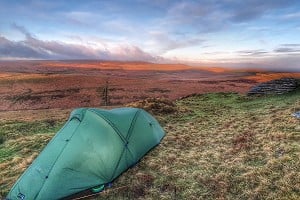
From sacrificing conservation for economic development and permitting remote farms to be turned into expensive houses, to environmental offsetting and tinkering with governance structures, the vice chair of the Dartmoor Preservation Association (DPA) is worried that National Parks in England and Wales are under sustained government attack. And he barely even mentions the 50% real terms budget cut! This article first appeared on the DPA website.
The National Parks and Access to the Countryside Act dates from 1949. Britain was a rationed, bankrupt country, exhausted by its efforts to win the Second World War. But our political leaders were determined to create a better society, with farsighted reforms to education, health and welfare provision. The National Parks deserve to be seen in the same context; they are just us much our birthright as the NHS. It will astonish many to learn that in 2014 the National Parks are under existential attack from the Coalition government.
But back to the beginning. In 1945, John Dower, a leading campaigner, gave this elequent definition of what a National Park should be:
"An extensive area of beautiful and relatively wild country in which for the nation's benefit....the characteristic natural beauty is strictly preserved, access and facilities for public open-air enjoyment are amply provided, wild life and buildings and places of architectural and historic interest are suitably protected, while established farming use is effectively maintained."
"Today's Ministers look like 1950s spivs - men who know the price of everything and the value of nothing. It is time to fight for our National Parks."
The National Parks were given two statutory functions; to conserve their natural beauty, wildlife and cultural heritage, and to promote public understanding and enjoyment of their special qualities. For sixty years, with only minor changes in governance, and operating on a shoestring, the National Parks have by and large delivered what Parliament expected. They have maintained the essence of our most prized and sensitive landscapes, whilst welcoming close to 100 million visitors a year. In an increasingly frantic world, they have re-connected people with nature, provided balm for the soul and healthy exercise for the body. They are "open history books" with thousands of years of archaeological remains, and there is a continuing distinct human culture, especially in livestock farming and commoning.
The National Park authorities have achieved all this with very few monetary carrots, or legislative sticks. But crucially , National Parks are the planning authorities for their areas, and in line with their first statutory duty, they have been able to stop or mitigate damaging developments. They have been able to operate slightly more restrictive planning policies than elsewhere, and whilst following national guidelines they have been able to consider development on a case by case basis, making sure that it does not violate sensitive natural and historic landscapes. So far so good, and you would have thought that Ministers would have been content to leave well alone.
The truth is otherwise. As 2014 gets underway the National Parks are under sustained Government attack, and the driver behind these attacks is Whitehall's obsession with economic growth. The planning Minister, Nick Boles, wants to advance economic growth in the National Parks, in effect overturning the Parks' primary statutory purpose of conservation in favour of development. Buried in a government consultation is a proposal for permitted development rights for redundant agricultural buildings to be converted to residential use. This means that National Park authorities would have no power to stop thousands of traditional and modern farm buildings being turned into intrusive residences in highly unsuitable locations.
Dartmoor National Park estimates that this would apply to 2000 buildings within Dartmoor farmsteads. It would be a speculator's charter, leading to the further fragmentation of traditional farming. There is already a significant premium on house prices within National Parks, averaging 60%, somewhat less on Dartmoor. Scattering houses on this scale would not address the need for affordable housing for local workers, and would strain the infrastructure for transport, health and education provision in these remote areas. In the Yorkshire Dales, it is estimated that there are 4500 "redundant" buildings which could be turned into houses, including many of the iconic slate and stone barns sitting in the patchwork of fields. Imagine what this distinctive landscape will look like when these barns have been converted into desirable second homes, with drive ways, wheelie bins and all the paraphernalia of suburbia [Nb. See today's UKH news from Yorkshire on this issue, Ed.].
The third prong of the attack is a recent proposal from the Secretary of State for the Environment for "bio-diversity offsetting". Arguing that landscape sacrifices are "unavoidable", and that the countryside cannot be " preserved in aspic", Owen Paterson is proposing that developments should be allowed in National Parks - roads, businesses, houses - provided the developer offsets the loss of bio-diversity somewhere else! It is unclear whether the "somewhere else" would be within the National Park, or outside it. Either way, "bio-diversity offsetting" means accepting development which will destroy bio-diversity, and as such it is incompatible with the Parks' first statutory purpose "to conserve and enhance natural beauty, wildlife and cultural heritage". "Off-setting" also conflicts with the fundamental notion of a National Park as an intact, designated area of exceptional quality where land management operates at landscape scale.
Mr Boles also wants to unravel the governance arrangements which have worked well for 60 years. Although it looks anomalous in the democratic age, Park authorities are appointed, not directly elected. The majority are local councillors, but some are local people appointed by the Secretary of State to safeguard the wider, national interest. Mr Boles questions whether these arrangements "fully reflect the desire for a more localist planning policy". There is no evidence that the majority of Dartmoor residents want a planning free-for-all. The implications are thoroughly alarming.
Finally, so serious are these political threats, they dwarf the fact that Dartmoor will have suffered a 50% real terms budget cut in the life time of this Parliament.
Unlike their post war predecessors, Butler, Beveridge and Bevan, today's Ministers look like 1950s spivs - men who know the price of everything and the value of nothing. It is time to fight for our National Parks.
About the Dartmoor Preservation Association
Norman Cowling is vice chair of the Dartmoor Preservation Association.
This is an independent charity that works to preserve the unique character of Dartmoor. They do this in a practical way, through active conservation work, and at a political level by monitoring local and national policies that will affect Dartmoor.
The DPA has a long and distinguished history of challenging policies harmful to Dartmoor; from their foundation in 1883 protecting the rights of commoners; fighting the creeping encroachments of roads and industrial development in the mid 20th century and working to preserve the unspoilt landscape. If they're worried now then perhaps we should all be?
For more on their work see www.dartmoorpreservation.com

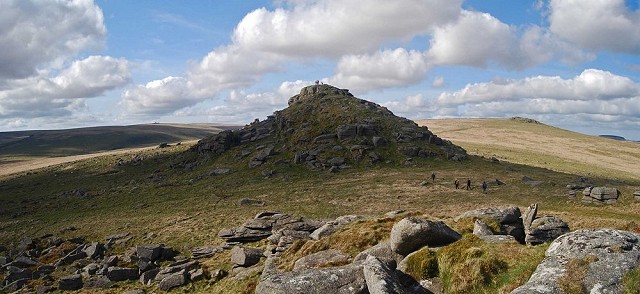
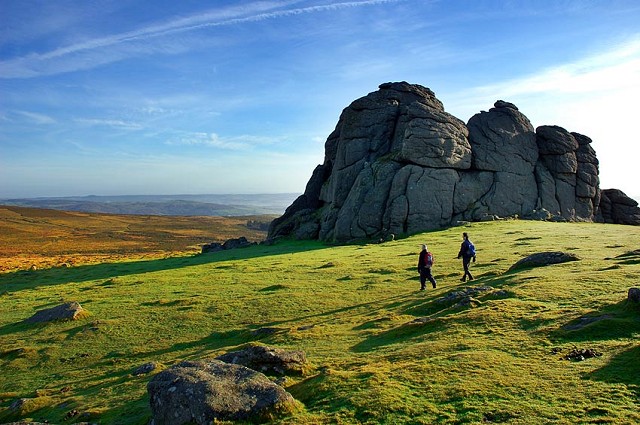
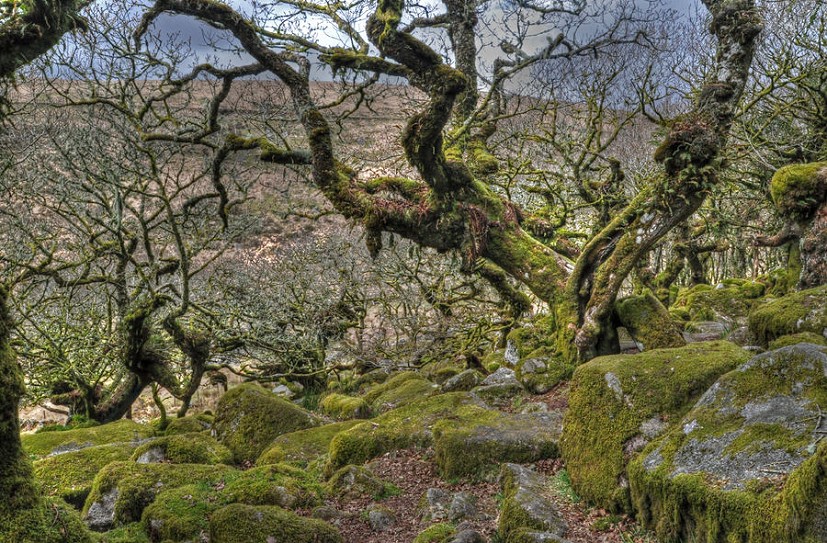

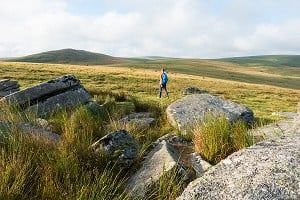

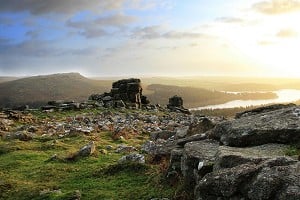
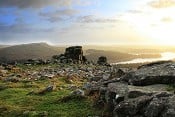




Comments